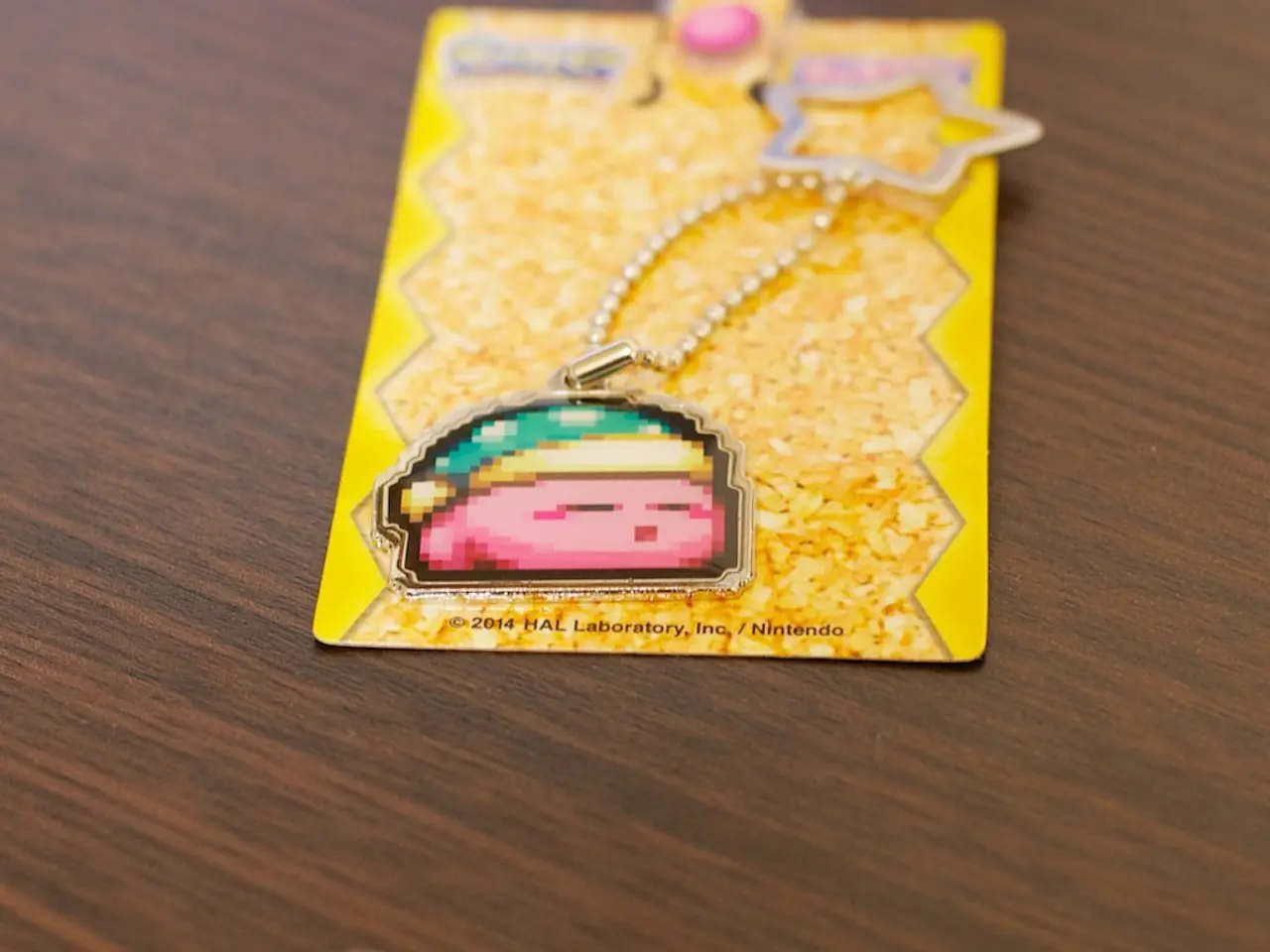Integration of Blockchain and Internet of Things - A Marvelous Combination of Blockchain Technology and IoT Devices
In the rapidly evolving digital landscape, the convergence of two groundbreaking technologies - Internet of Things (IoT) and Blockchain - is revolutionizing various sectors.
The combination of IoT and Blockchain creates a transparent and secure system, keeping track of how devices interact with each other. This synergy is transforming industries, from healthcare to finance, by establishing a decentralized, tamper-proof, and efficient infrastructure for data exchange.
In the healthcare sector, IoT is enabling practitioners and pharmacists to quickly and efficiently address uncertain medical signs and prepare for new chronic diseases. Meanwhile, blockchain technology and IoT are revolutionizing data security, reducing wait times, addressing data inconsistency, and lowering costs.
The sharing economy is another area where blockchain and IoT are making a significant impact. Companies are integrating these technologies to enable the sharing or selling of IoT-connected devices without involving third-party intermediaries.
In the automotive industry, blockchain and IoT are being used for smart parking, RFID tagging for spare auto parts tracking, and insurance claim processing using smart contracts.
Fintech is experiencing significant changes with the advent of blockchain and IoT. These technologies are leading to reduced paperwork, increased data transparency, performing transactions in the form of cryptocurrencies, and identifying money laundering issues. IoT in fintech offers benefits such as immediate support and personalization services, smart banks and ATMs, enhanced spending visibility, and assessing risk related to insurance and loan.
Blockchain acts as a decentralized database, making it difficult for anyone to gain access to sensitive information by hacking a particular centrally controlled system. It provides a secure, transparent, and efficient infrastructure for data exchange, enhancing security, transparency, trust, cost and time efficiency, scalability, and interoperability, and increasing data privacy.
Moreover, adopting Blockchain in the supply chain management process introduces transparency and ease of payments, saving time and cost by removing intermediaries and decentralizing the ecosystem. This is particularly beneficial for industries where supply chain management is complex and prone to errors.
The Blockchain in IoT market size was valued at $134.41 million in 2021 and is expected to reach $1.974 billion in 2030, witnessing a CAGR of 73.5% from 2022 to 2030. Germany, in particular, is home to significant manufacturers of blockchain-IoT software, such as LI.FI, which develops DeFi middleware with blockchain integration, and Kyve Network, which provides decentralized Web3 data storage solutions. These companies, founded in 2021, form part of Germany’s top blockchain ecosystem.
In conclusion, the integration of Blockchain and IoT is not just a trend, but a paradigm shift that is set to transform the entire economy. It is imperative for everyone to look ahead to a decentralized future, where transparency, security, and efficiency are the cornerstones of modern industries. Companies like Appinventiv are at the forefront of this revolution, offering custom development services to help businesses streamline their operations by harnessing the potential of Blockchain in IoT, creating smart contracts, and establishing transparency and traceability throughout operations.








